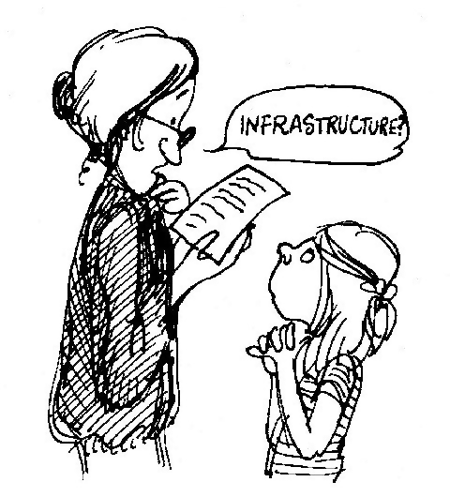|


Many of the activities on these pages may require adult supervision.
Be sure to tell a grown-up about what you're planning and ask for permission before getting started.
Information that is true is called "nonfiction."
In school you may be asked to write a report on something. Your teacher will tell you how he or she wants this done. In general, there are three important rules to keep in mind: (1) to the best of your knowledge, what you write must be true, (2) what you write should be as interesting as possible, and (3) what you write should be in your own words. Don't copy anyone else's writing. It's against the law.
Often you are asked to write a report on something you know little about. One way to do this is to go to the library and look up articles and books on this topic. Then sit down and read the articles and books. As you read them, take notes. This is the time to distinguish between your own writing and someone else's. If you copy a sentence from a book word for word, exactly as it is written in the book, put quotation marks (" . . . .") around it in your notes. Write down the page number and the name of book you took the quote from. The quotation marks will remind you later either to rewrite the sentence in your own words or keep it in quotation marks and say where it's from.
It is very tempting to copy. You think no one will know, but that's not so. It is easy for teachers to recognize
students' writing that has been copied from a book. Teachers ask you to write down information in your own words so you will think about it. That, after all, is the whole point: thinking. So, think. You may find out it's rewarding.

Click here for LOCAL HISTORY
Click here for MORE IDEAS!
|

